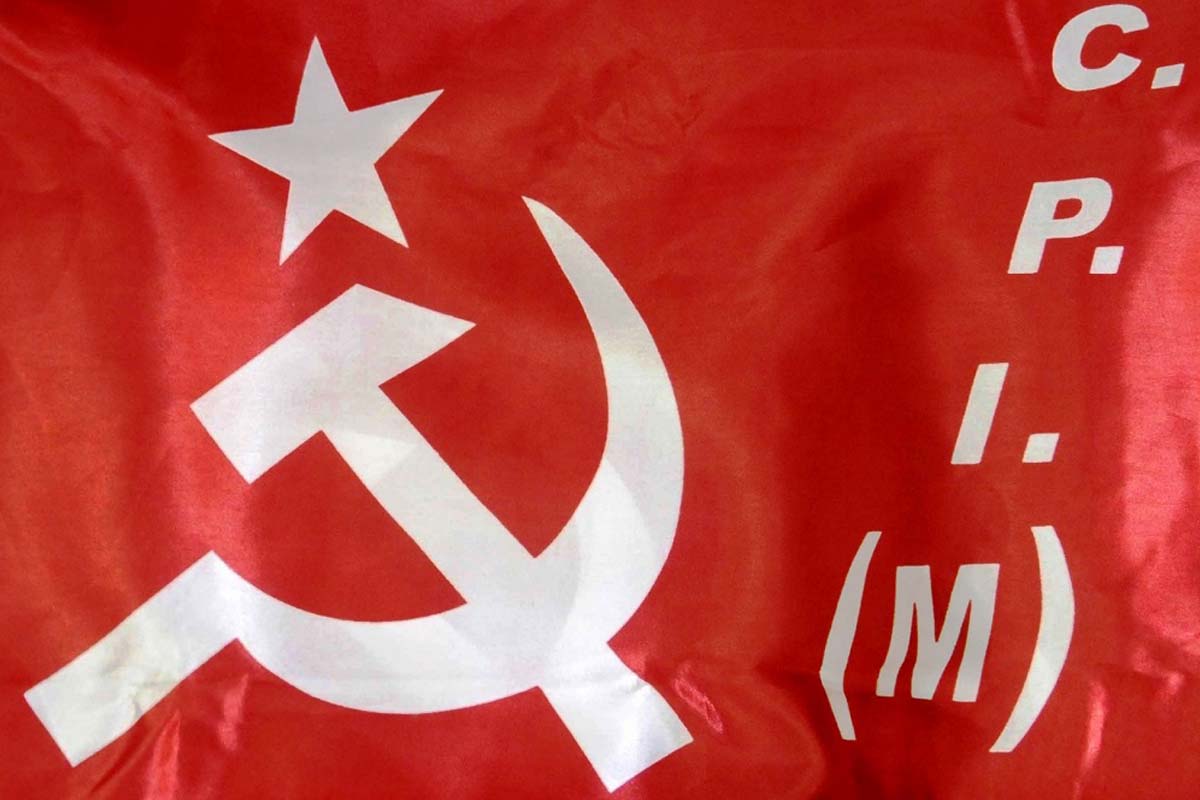The imposition of President’s Rule in strife-torn Manipur has sparked intense political reactions, with opposition parties accusing the BJP-led central government of failing to control the prolonged ethnic violence in the state.
The decision comes after Chief Minister N. Biren Singh resigned, following mounting pressure over his alleged partisan role and the deteriorating law and order situation.
Advertisement
Announced on February 14, the move places Manipur’s administration directly under the Centre, with Governor Anusuiya Uikey overseeing governance on behalf of the President of India.
The state assembly has been put under suspended animation. Ethnic clashes over the past 21 months have left at least 250 people dead and caused widespread displacement.
The Communist Party of India (Marxist) has strongly criticized the move, calling it an indication of the “utter bankruptcy” of the BJP’s “double-engine government.”
The party alleged that the decision was not taken in the interest of Manipur but rather to buy time for the ruling coalition to settle its internal conflicts.
“President’s Rule is not the solution,” the CPI(M) said in a statement, urging the Centre to engage in negotiations with all communities and political stakeholders to restore normalcy.
The Congress echoed similar sentiments, with Manipur Pradesh Congress Committee President Keisham Meghachandra Singh stating that the Union Government was left with no choice but to impose central rule due to the failure of both the state and central leadership.
He also speculated that the decision could push Prime Minister Narendra Modi to finally break his silence on the Manipur crisis, possibly even leading to a long-overdue visit to the state.
The CPI(M) particularly accused the Prime Minister of ignoring the suffering of Manipur’s people and prioritizing the BJP’s political interests over governance.
The party also held the former Chief Minister responsible for aggravating tensions, stating that his resignation was inevitable after evidence of his “sectarian partisan role” emerged in court.











